Maida is a type of finely milled and refined wheat flour, predominantly used in Indian, Middle Eastern, and South Asian cuisines. While it’s widely popular for its ability to create soft, fluffy, and pliable textures in various dishes, its nutritional profile and health implications are often debated.
What is Maida?
-
Origin: Maida is made from durum wheat (like suji), but unlike suji or whole wheat flour (atta), it undergoes extensive processing.
-
Processing:
- Refining: The wheat grain is meticulously processed to remove the bran (outer layer, rich in fiber) and the germ (inner part, rich in vitamins, minerals, and healthy fats). Only the endosperm (the starchy white part) remains.
- Milling: The endosperm is then finely milled into a very smooth, powdery texture, often passed through fine sieves.
- Bleaching: Although naturally yellowish due to wheat pigments, maida is typically bleached to achieve its characteristic stark white color. This can occur naturally through atmospheric oxygen or, more commonly, through chemical bleaching agents like benzoyl peroxide, chlorine dioxide, or calcium peroxide. (Note: Some bleaching agents, like potassium bromate, have been banned in certain regions due to health concerns).
- Additives: Sometimes, other additives might be used to improve texture or shelf life.
-
Comparison to All-Purpose Flour: Maida is often equated to “all-purpose flour” in Western contexts. While similar in its white, refined nature, maida is generally more finely milled and might have a slightly lower protein (gluten) content than typical Western all-purpose flours, making it closer to “cake flour” in terms of its baking properties for soft, tender results.
Nutritional Profile (per 100g, approximate values):
Due to the refining process, maida is significantly less nutritious than whole wheat flour:
- Calories: ~360-370 kcal (high calorie density)
- Carbohydrates: ~72-79 grams (predominantly simple carbohydrates/starch)
- Dietary Fiber: ~1-3 grams (very low, due to bran removal)
- Protein: ~10-12 grams (lower than whole wheat flour)
- Fat: ~1-2 grams (very low)
- Vitamins & Minerals: Most of the naturally occurring B vitamins (Thiamine, Riboflavin, Niacin, Folate) and minerals (Iron, Magnesium, Zinc, Phosphorus) are lost during the refining process, as these are concentrated in the bran and germ. In some countries, maida might be “fortified” with synthetic vitamins and iron to compensate for these losses.
Health Implications and Considerations:
Maida’s refined nature leads to several health concerns when consumed regularly or in large quantities:
- High Glycemic Index (GI): Maida has a high GI, meaning its carbohydrates are quickly converted to glucose and rapidly absorbed into the bloodstream. This leads to a rapid spike in blood sugar levels, which can trigger an excessive insulin response.
- Increased Risk of Type 2 Diabetes: Frequent blood sugar spikes and excessive insulin production can lead to insulin resistance over time, significantly increasing the risk of Type 2 Diabetes.
- Weight Gain and Obesity: Foods made with maida are often calorie-dense but low in fiber, leading to less satiety. This can result in overeating and contribute to weight gain and obesity.
- Digestive Issues: The lack of dietary fiber makes maida difficult to digest and can lead to digestive problems like constipation, bloating, and slowed bowel movements. It’s sometimes referred to as “the glue of the gut.”
- Nutrient Deficiency: Regular consumption of maida as a primary grain can contribute to deficiencies in essential vitamins, minerals, and fiber, as these are stripped away during processing.
- Inflammation: Some studies suggest that refined grains like maida can promote inflammation in the body, which is linked to various chronic health conditions.
- Additives and Bleaching Agents: Concerns have been raised about residual chemicals like alloxan (a byproduct of some bleaching agents) which is known to induce diabetes in animals. While regulated, it’s a point of debate for many health advocates.


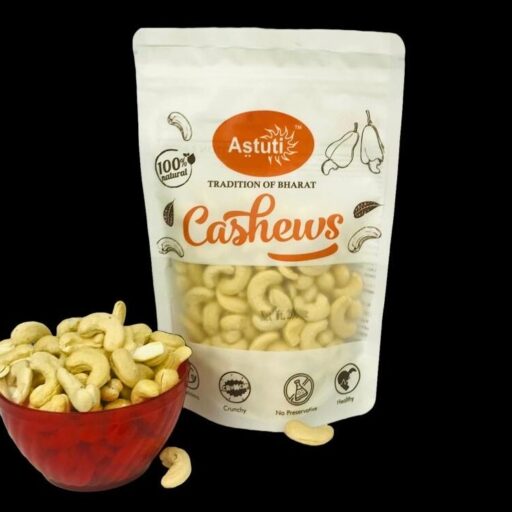






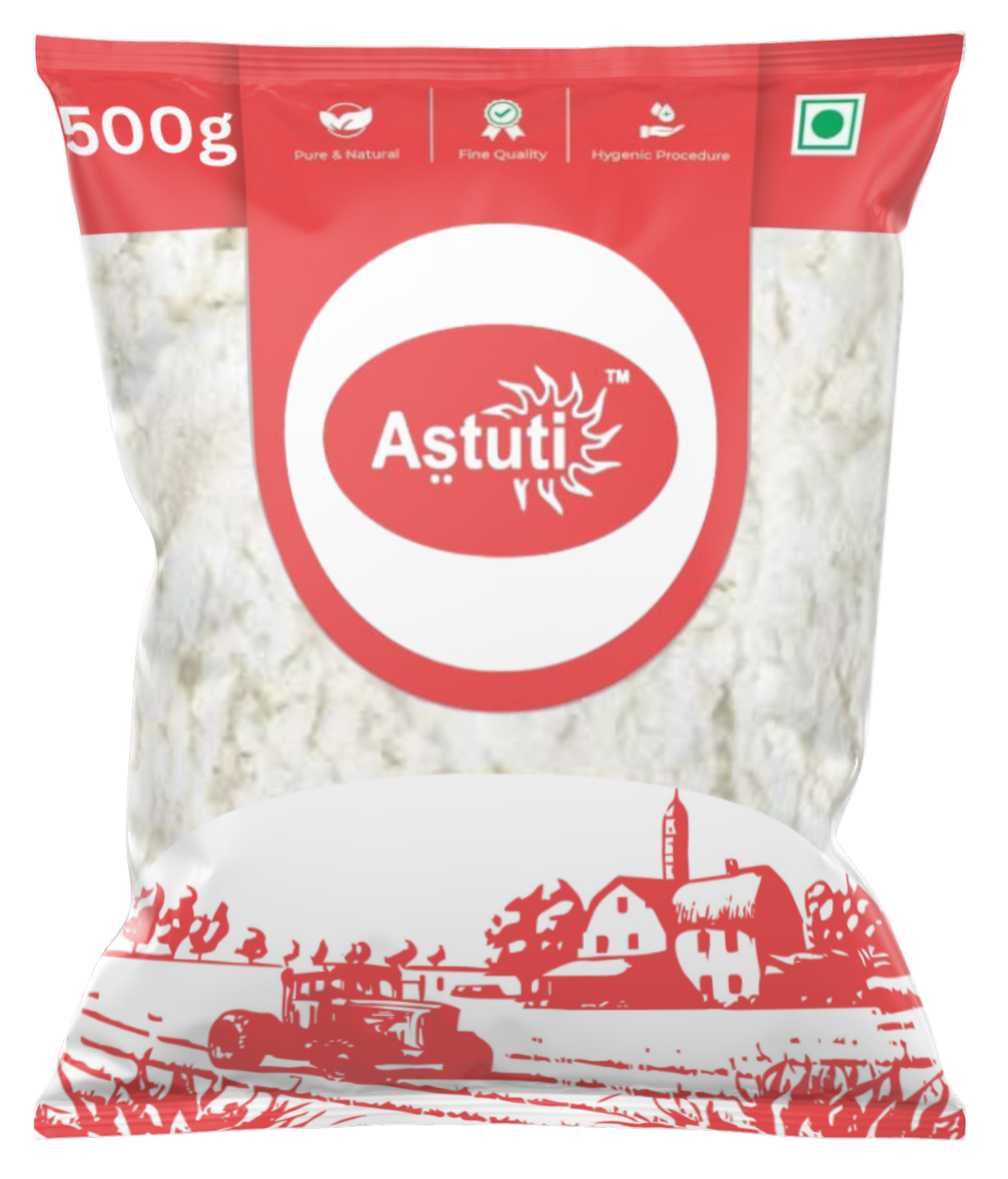



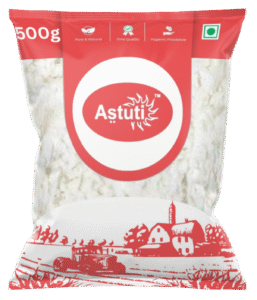
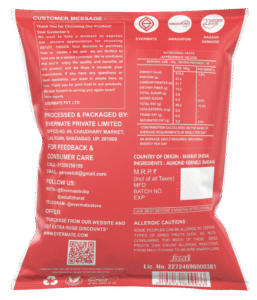


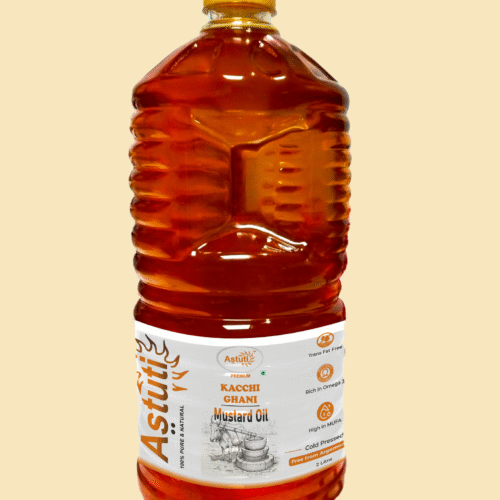
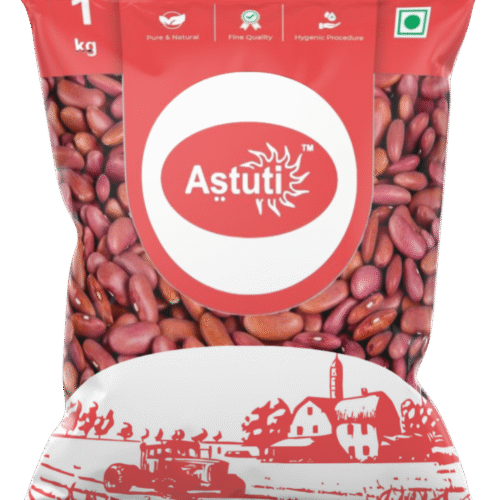
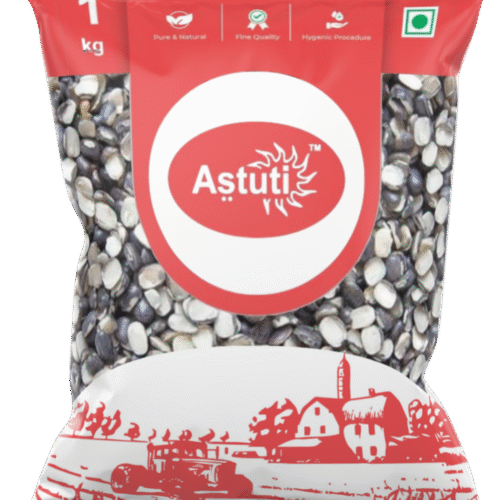
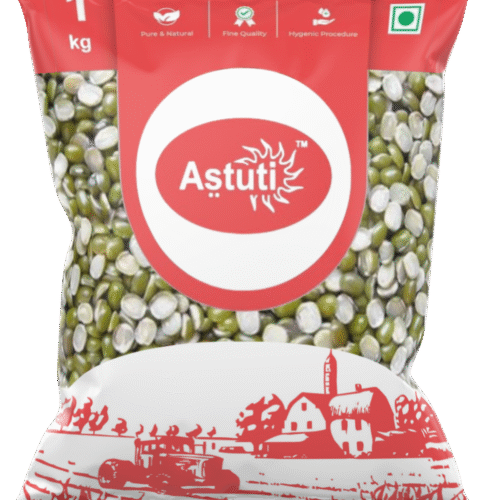

Reviews
There are no reviews yet.